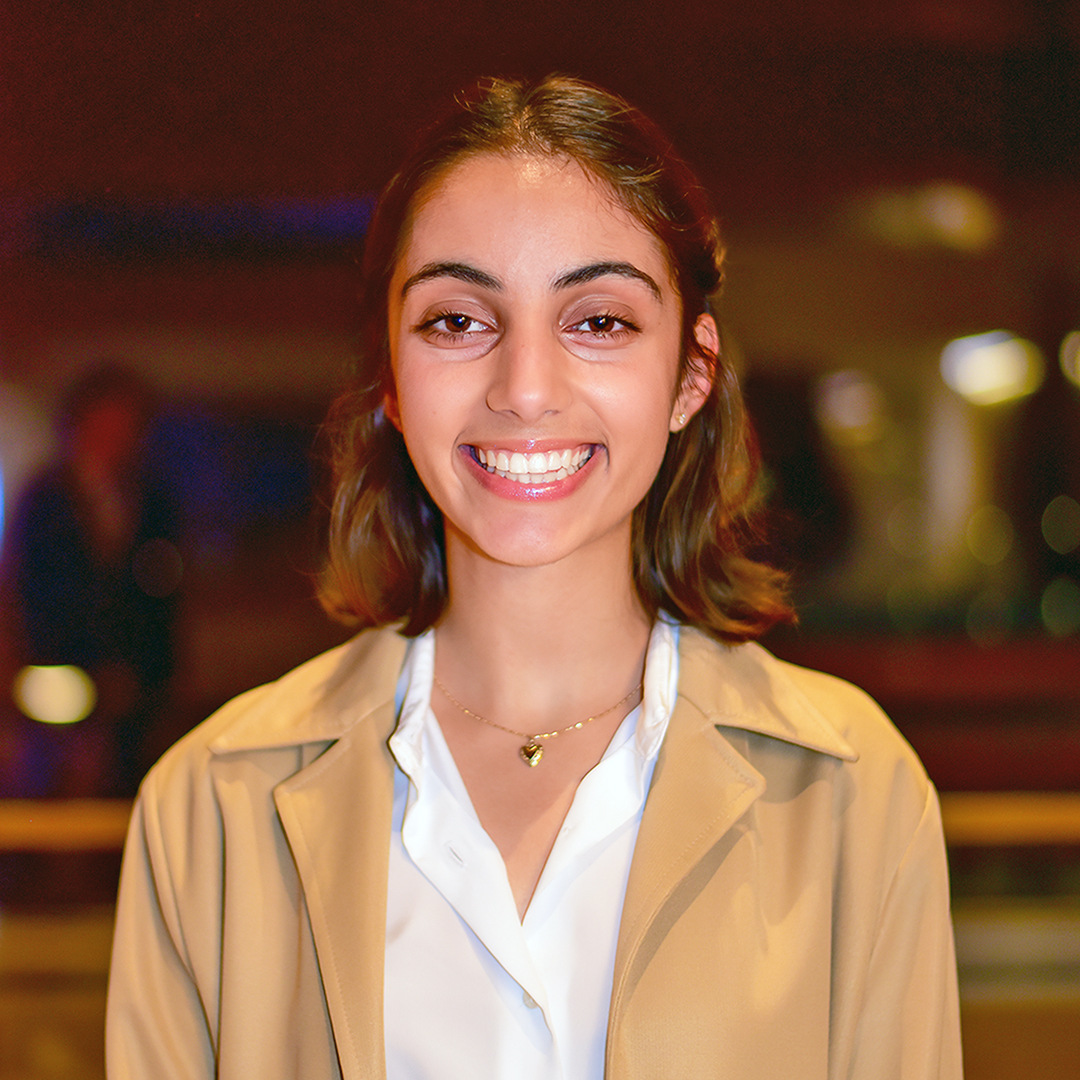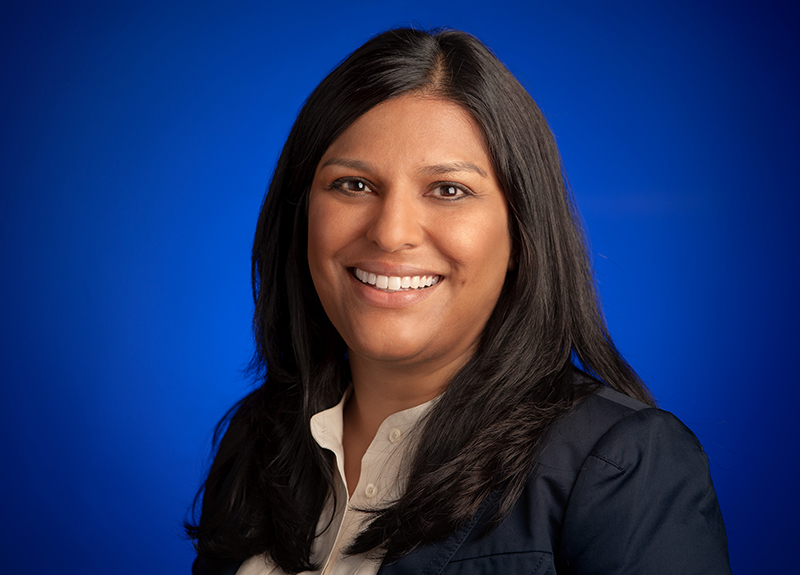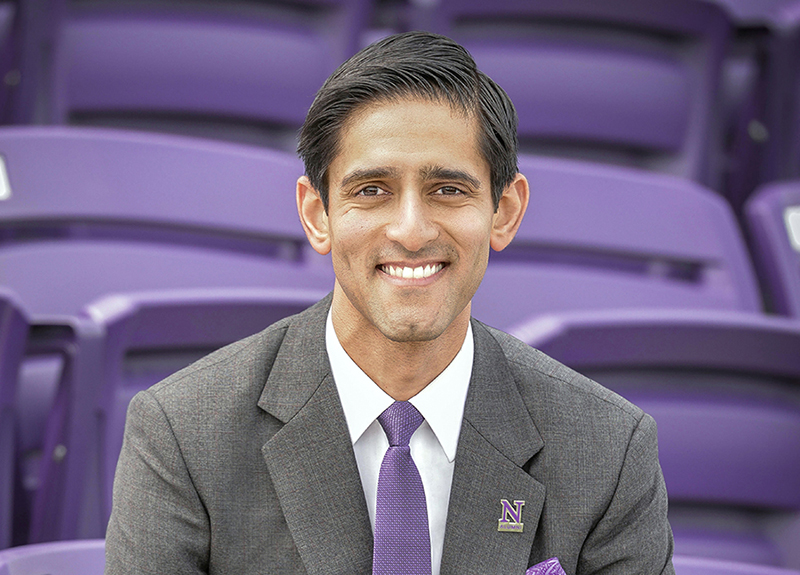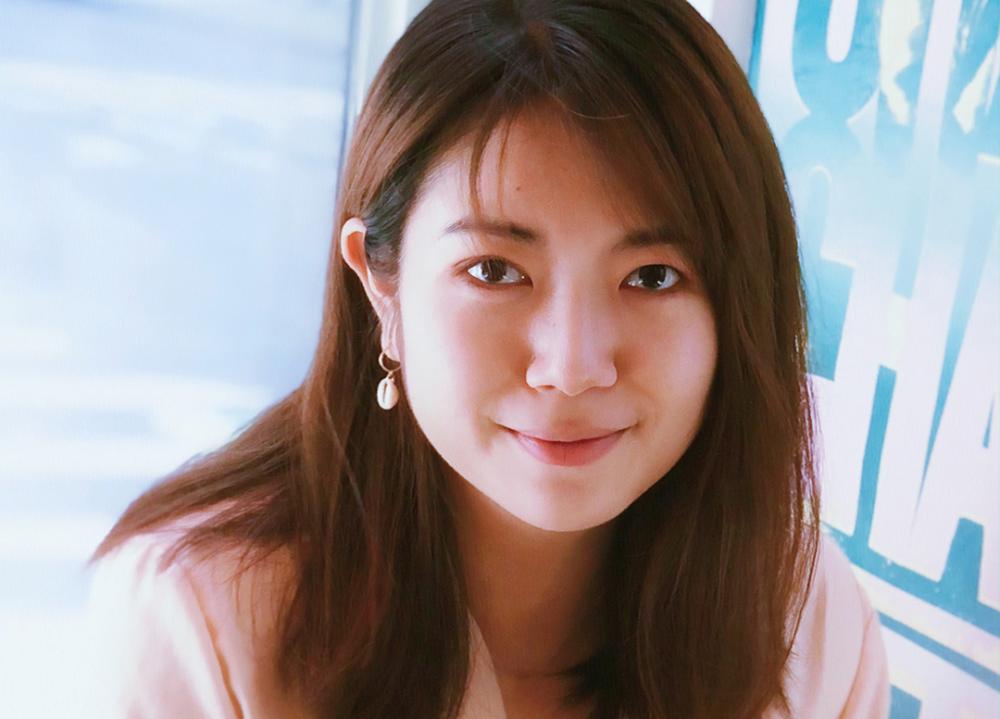This article is part of ISEN's series highlighting alumni in sustainability and energy. MORE PROFILES
Influencing public opinion on climate change
Elizabeth Judge fosters public understanding of climate change through storytelling. A 2001 Medill graduate, Judge spent her years at Northwestern focused on magazine journalism and learning to write stories that delve deeply into a subject or a person. Now, as the Communications Officer for the Environment Program under the William and Flora Hewlett Foundation, she strategizes the most impactful ways to invest in public engagement around environmental issues. “What I really do is climate change advocacy and grantmaking strategy: how to invest in advocacy and how to support the growth of advocacy, but I call upon my Medill training every single day in my work,” Judge says.
Though she left journalism for advocacy, recognizing good storytelling helps inform the grant decisions she makes in her current position. At Medill, she learned how to write engaging human-interest stories, always thinking to connect content to visuals. “We have to be able to show people's faces,” Judge says, “and let public audiences connect with real humans who are telling stories of triumph and hardship based on their experience with climate change.”
In a previous position at Earthjustice, a national environmental litigation nonprofit, she began to combine this storytelling with advocacy, working on a digital campaign to stop mountaintop removal coal mining in communities in Appalachia. The campaign shared the stories of these “Mountaintop Heroes” who were fighting against the destruction of the land they lived on, the pollution of their clean water, and the intimidation tactics of mining companies. These stories reached further than the local communities in which they were occurring.
“What I really do is climate change advocacy and grantmaking strategy... I call upon my Medill training every single day in my work.” — Elizabeth Judge (Medill '01) Communications Officer for the Environment Program at The William and Flora Hewlett Foundation
“Allowing people to tell their own stories, in their own words, is key to success. For this campaign, we asked those living in mountaintop removal mining communities, the public, and the activists within the Earthjustice community to share their own photo, with their own story about why they care about stopping mountaintop removal,” Judge says. “It became the largest photo petition ever delivered to the White House.” In the years that ensued, existing policy was challenged and improved at the federal level.
While at Northwestern, Judge was also a campus-wide ‘Multicultural Advocate’, an experience that seeded what she now sees as a lifelong journey to deepen her understanding and appreciation of other cultures and promote inclusive and equitable societal change. The multicultural advocate program preceded Northwestern’s launch of the Multicultural Student Affairs (MSA) program. In this role, she cultivated learning across cultures and promoted inclusion and understanding, so that students could feel comfortable and supported in expressing their identities on campus. This is a mission that she says very much applies to the climate change cause today. “We will win when this movement better reflects populations everywhere, and when many more people can see themselves in this cause. In order to do this, we need to really understand cultural values and how many different constituencies’ concerns and challenges intersect with climate change.”
For Judge, fighting climate change is a political problem, one that investing in a much more diverse range of communities to flip narratives, tell their own stories, and hold governments accountable can help to fix. Her current role at Hewlett has shifted her attention from writing these stories to recognizing what advocacy groups are doing such work. “Those groups on the ground defining the strategy are the most equipped to figure out how to push forward fast progress and policy,” Judge says. “In my role, I help identify innovative new opportunities and organizations doing great work and help Hewlett make grants that have real impact.”
At Hewlett, Judge has supported grant groups leading initiatives in four different geographies: the US, Europe, China, and India. However, particularly in the US, she has seen environmental issues gain wide support across partisan lines and outside of the environmental base. What she seeks now is to increase the engagement of the public with such issues. “More people need to understand how climate change is affecting their daily lives wherever they live, and how its solutions will improve their lives in many ways, and solve many other problems they face,” Judge says. “And that's really a public education and communications challenge.” In order to do this successfully, she adds, cultural learning is critical, within the US and across global geographies. She says her work with the Hewlett Foundation in the US, China, India, and Europe has taught her a lot about how narratives and information spread in different places, distinct narrative traditions and cultures, and how philanthropy can support all of it.
She encourages those who want to pursue a career in advocacy to not lose hope about being able to make a difference. Though progress seems difficult at times, she sees that hope in her colleagues and in younger generations. “I think it's a beautiful thing to work daily with people who inspire you.” Judge says. “There are youth who give me hope every day; the young teenagers, the young adults, the college students are really putting the heat on elected officials to solve climate change and build sustainable economies. Just don’t lose hope that we can make a difference.”







